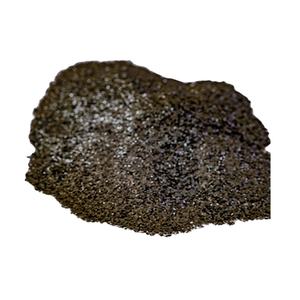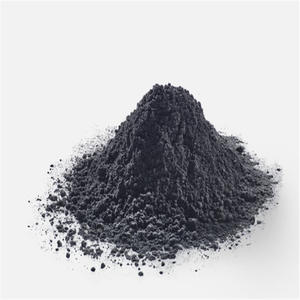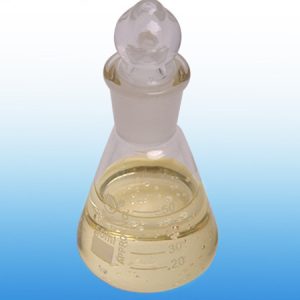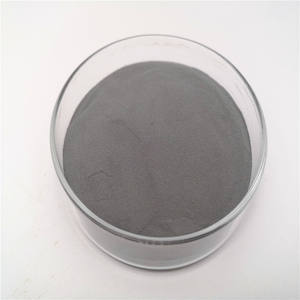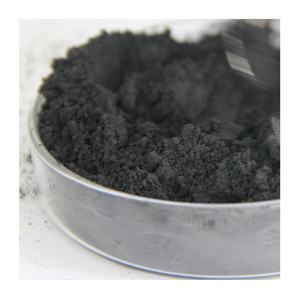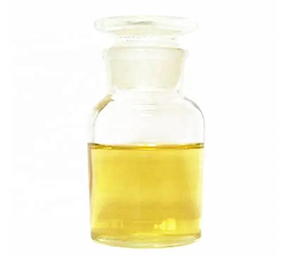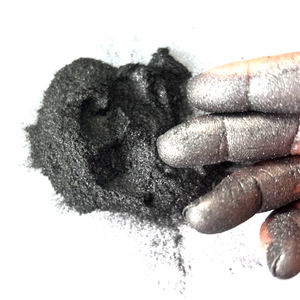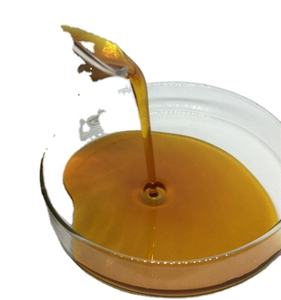One-stop lubrication solution | Discover the way to smoothness | Infomak
The Secret Life of R134a Refrigeration Oil: Your Cool System’s Unsung Hero .
(R134a Refrigeration Oil Lubricant)
Ever questioned what keeps your cars and truck’s a/c blowing icy cold on a scorching day? Or what makes the supermarket fridge freezer hum accurately? Behind the scenes, a peaceful hero works relentlessly: R134a refrigeration oil. This special lubricating substance is the lifeblood of numerous cooling systems using R134a refrigerant. Allow’s pull back the curtain and see why this oil matters so much.
1. Just What is R134a Refrigeration Oil? .
R134a refrigeration oil isn’t your ordinary electric motor oil. It’s an extremely specialized lubricating substance made for one vital job: safeguarding the compressor in systems that use R134a cooling agent. Think about the compressor as the heart of your fridge or AC system. It pumps refrigerant gas, producing the cooling result. This pumping produces extreme warm and friction within.
Routine oils fall short below. They may not mix effectively with R134a gas. They might thicken in the cold or weaken excessive in the warmth. Worse, they could react chemically with the refrigerant, forming sludge or acids that damage the system.
R134a refrigeration oil is different. It’s commonly made from synthetic base supplies, like Polyolester (POE) oils. These synthetics are crafted for compatibility. They liquify just the correct amount of R134a gas. This keeps the oil flowing smoothly through the entire system, also in the freezing cool evaporator coils. It offers a strong, trustworthy lubricating film on crucial compressor components like bearings, pistons, and scrolls. This prevents metal-on-metal contact, minimizes wear, and maintains the compressor running successfully for several years.
2. Why is Using the Right R134a Oil So Crucial? .
Skipping the appropriate R134a refrigeration oil is throwing down the gauntlet. It’s not almost lubrication; it has to do with the whole system’s health and wellness and efficiency. Using the incorrect oil, or no oil in any way, causes calamity.
Initially, incompatible oils will not distribute correctly. They get embeded the evaporator or condenser coils. This indicates components of the compressor run completely dry. Friction skyrockets. Metal elements grind against each various other. This creates rapid wear, getting too hot, and at some point, devastating compressor seizure. A dead compressor indicates a very expensive repair service expense.
Second, the wrong oil might not dissolve in the R134a refrigerant. This separation creates inadequate oil return to the compressor. Once more, lubrication fails. It likewise produces oil logging in warm exchangers. This oil layer imitates insulation, considerably lowering the system’s ability to take in or release warmth. Your air conditioner has a hard time, runs much longer, utilizes even more power, and cools inadequately.
Third, chemical incompatibility is a quiet awesome. Some oils respond with R134a and moisture. This forms acids and sludge. These contaminants rust metal parts, gnaw at electrical windings, and obstruct little capillary tubes or expansion shutoffs. The system slowly poisonous substances itself from the within out. Performance goes down. Performance plummets. Failure is unavoidable.
Making use of the ideal R134a refrigeration oil avoids these problems. It makes certain smooth lubrication, effective heat transfer, and secures versus chemical failure. It straight equates to longer system life, lower energy expenses, and trustworthy cooling.
3. Just how Do You Select and Use R134a Refrigeration Oil? .
Picking the ideal R134a oil isn’t guesswork. You need the right type and viscosity quality suggested by the compressor or system maker. POE oils are the standard for the majority of R134a applications today. However, some older systems may define Alkylbenzene (ABDOMINAL MUSCLE) oil. Constantly examine the manual or technological specs.
Thickness matters too. Thickness is primarily the oil’s density. It needs to be thick adequate to maintain a safety film under stress and warmth. Yet it likewise requires to be slim adequate to flow quickly at cold temperatures. Typical viscosity qualities for R134a systems consist of ISO 32, 46, or 68. The operating temperature variety and compressor design determine the very best quality.
Dealing with R134a oil calls for care. POE oils are hygroscopic. This indicates they take in moisture from the air like a sponge. Water in the oil is terrible information. It advertises acid development and sludge. So, always maintain oil containers snugly secured. Usage tidy, completely dry devices. Decrease the moment the container is open. Never put oil back right into a tidy container once it’s been revealed.
Including oil to a system generally occurs throughout initial charging, major repair services, or if a compressor is replaced. You seldom add oil for routine servicing unless there’s a recognized leakage causing oil loss. Adding excessive oil is as negative as not having sufficient. It causes decreased heat transfer and efficiency loss. Comply with the manufacturer’s billing directions precisely. Usage ranges or metering tools for accuracy. Never just “put some in.”.
4. Where Do You Locate R134a Refrigeration Oil Working Hard? .
R134a refrigeration oil is the covert champion in many cooling systems we count on day-to-day. Its applications are surprisingly wide:.
Automotive Air Conditioning: This is a huge market. Virtually every automobile made from the mid-1990s until just recently used R134a. The compressor under your hood depends upon specific R134a oil to take care of the vibrations, temperature extremes, and consistent biking.
Residential Refrigeration: Your home fridge and fridge freezer most likely use R134a or a comparable HFC cooling agent. The peaceful compressor inside relies on the proper oil to run efficiently for a years or even more.
Business Refrigeration: Walk-in coolers and fridges freezer in dining establishments, supermarkets, and storehouses commonly utilize R134a systems. These run almost constantly, demanding durable lubrication given by the right oil.
Residential & Light Commercial Air Conditioner: Numerous home central air conditioning conditioners, ductless mini-splits, and heat pumps utilized R134a. The compressor in your outdoor unit needs its dedicated oil to make it through years of summer warm.
Transfer Refrigeration: Keeping trailers and delivery containers cold requires effective refrigeration systems. A lot of these systems use R134a and its suitable lube to handle the roughness of the roadway.
Dehumidifiers & Chillers: Smaller cooling tools, like industrial dehumidifiers or water refrigerators, commonly employ R134a compressors oiled by POE oil.
5. R134a Refrigeration Oil: Your Concerns Addressed .
Allow’s take on some usual questions about this vital fluid:.
Can I make use of normal motor oil in my R134a a/c? Absolutely not. Electric motor oil is incompatible. It won’t distribute correctly, won’t oil effectively, and will create chain reactions resulting in rapid system failure. Just usage oil specified for R134a.
What occurs if I mix various sorts of R134a oil? Prevent blending oils preferably. Different artificial bases (like POE and PAG) might not fully blend. Mixing POE and old mineral oil (from R12 systems) is specifically negative. It creates sludge. If transforming a system or topping up, use the oil kind already in the system or do a full flush and re-fill per supplier standards.
Is R134a oil the very same for cars and trucks and home refrigerators? The base chemistry (usually POE) is similar. However, the details formula and thickness quality could vary. Constantly use the oil grade suggested for your specific equipment. Cars and truck a/c compressors frequently need different viscosity than a refrigerator compressor.
How much time does R134a refrigeration oil last? In a properly sealed, well-kept system, the oil should last the life of the compressor. It continually flows. Issues occur only if there’s a refrigerant leak (bring oil out), contamination (dampness, acids), or if the wrong oil was used originally.
Why is dampness such a large bargain with POE oil? POE oil easily soaks up water from the air. Water inside the refrigeration circuit triggers numerous problems. It responds with cooling agent and oil to form harsh acids. It can freeze and block growth gadgets. It promotes sludge formation. Always maintain POE oil containers secured limited and handle very carefully. Correct system evacuation prior to charging is important to eliminate air and dampness.
(R134a Refrigeration Oil Lubricant)
Can I utilize R134a oil with more recent refrigerants like R1234yf? Maybe, but do not assume. R1234yf systems commonly call for particular POE oils with various additives or slightly customized formulas. While both are POE, they are not always straight interchangeable. Constantly examine the supplier’s requirements for the refrigerant being used. Using the wrong oil risks bad lubrication or chemical concerns.
